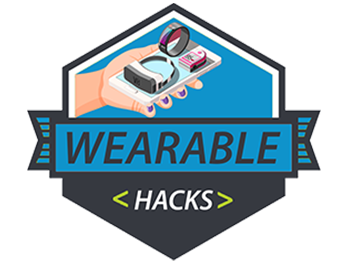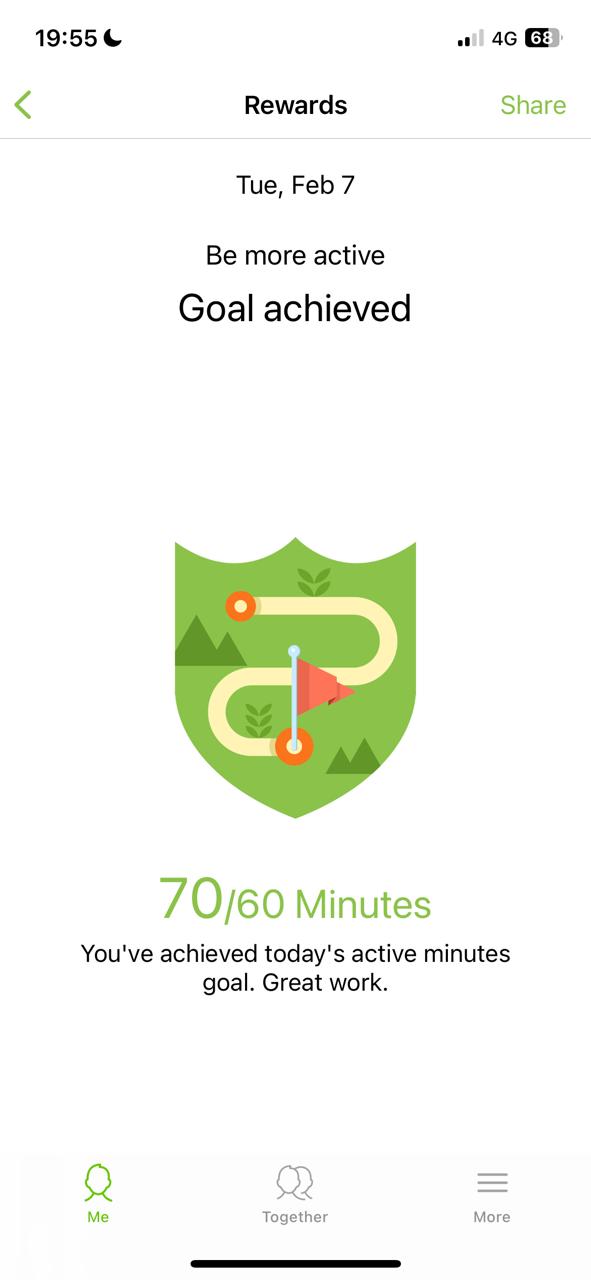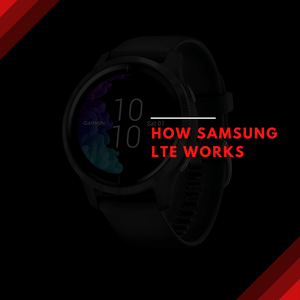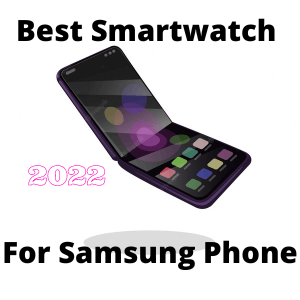Is Samsung Watch Ecg Reliable
On February 4, 2021, Samsung introduced electrocardiograms (ECGs) on the Galaxy Watch Active2 and the Galaxy Watch3. ECG uses electric signals generated from your heart muscles to detect and monitor the health of your heart. But how accurate is the ECG on Samsung watch 4?
Samsung Watch ECG is accurate for informational purposes only. In a study conducted by JAMA Cardiology, the smartwatch ECG revealed significant sensitivity and specificity. On average, it identifies and distinguishes between different types of heart attacks with about 93% to 95% accuracy.
Like the Galaxy Watch Active2 and the Galaxy Watch3, the latest Galaxy Watch 4 comes with an electrocardiogram. The Samsung Watch ECG has been approved by the FDA for use in more than 20 countries globally. Particularly in Asia and Europe.
Unlike clinical ECGs with ten electrodes for increased reliability, it has only two electrodes. This article will investigate the reliability of the Samsung Watch ECG and why you should have one.
How Samsung Watch ECG Works
The Samsung Watch has two electrodes. One is a circular cathode located at the bottom of the smartwatch in contact with your wrist. The other is a touch-sensitive button that completes the electrical circuit when you place your finger on it.
To measure your heartbeat and rhythm, you need to be at rest. The Samsung ECG cannot provide reliable heart data if you are moving. Therefore, rest your forearm on a flat surface and place a finger of the other arm on the top sensor button for 30 seconds.
Once the circuit is completed, the Samsung Watch flashes green light beams into your blood vessels. The light-based technology, called photoplethysmography, senses blood flow rate at the skin surface as controlled by the heart’s pumping. It maps the differences in blood volume using the pulse to estimate your heart rate.
Most importantly, you must download and install the Samsung Health Monitor App from the Galaxy store to view the ECG analysis. As a result, the Samsung Watch ECG is essential for measuring and monitoring heart activity and abnormalities.
The results can be normal or abnormal. Normal is when the sensor does not record any instance of a heart problem.
Nevertheless, an abnormal heart rate can reveal many concerns to a trained physician. Some abnormal ECG results may not be life-threatening.
However, arrhythmia, heart attacks, and myocardial infarctions require medical emergencies. For these cases, the Samsung Watch ECG reading will show “Afib.”
Related: How Accurate Is Fitbit Oxygen Variation
How Reliable is the Samsung Watch ECG?
Samsung Watch is reliable in the event of potential heart problems. The notification feature plays an essential role in alerting friends, loved ones, and your doctor of any heart health emergency. It is vital if you have a stroke and can’t get up to make a call.
Recent studies have established significant specificity and sensitivity of the Samsung Watch ECG, as we saw before. Most importantly, it can detect changes in your heart’s electrical activity accurately. The ECG can notice the absence of a heart attack with a 90% accuracy.
In addition, it will correctly identify and distinguish between heart attacks with an accuracy of between 93% and 95%. However, note that various factors affect the reliability and accuracy of the Samsung Watch ECG.
For example, the number of electrodes used in the smartwatch is only two, compared to ten in clinical ECGs. On the contrary, it has only two electrodes or sensors.
Therefore, the smartwatch sensor does not collect your heart’s electrical signals from all the critical areas on your skin. Clinical ECGs are more reliable considering that the sensors are placed on the wrist and in both arms, both feet, and the chest region. Thus, it reflects the real electrical potential of the heart from several angles.
Therefore, as much as you are using the smartwatch, I recommend seeking a doctor’s interpretation. According to cardiologists, sufficient interpretation of the data is critical for revealing various heart information.
For example, they can tell the size of your heart, the blood volume, and your atrial and ventricular health. Most importantly, it can provide adequate data for establishing previously unidentified heart conditions.
Since smartwatch users cannot tell the variations, you should rely on the doctor’s interpretation.
Factors Influencing the Reliability of Samsung Watch ECG
Although anyone can use the ECG feature, it is essential for users over 50 years old. That is because older adults are vulnerable to heart rhythm problems. Those with health conditions can also use the Samsung Watch.
However, it is essential to note that the ECG does not detect all heart diseases, such as blockages in the arteries.
Therefore, the ECG readings can be compromised by several factors. These include the algorithm behind the photoplethysmography. According to John Nagel, an emergency physician, “a computer is only as good as its programming.” He says that the algorithm for reading ECGs may not be perfect.
It relies on the manufacturer’s algorithm that determines its specificity and sensitivity. Therefore, it shows significant success in diagnosing heart arrhythmias such as atrial fibrillation. However, it is not likely to diagnose heart failure.
In addition, he notes that a physician’s training is key to consistent and accurate interpretations.
That explains the several instances when doctors have told Samsung Watch ECG users that the heart readings are false. Similarly, a doctor can find heart attack evidence that is not indicated by the smartwatch ECG. According to Nagel, the smartwatch can show dozens of information but miss critical elements.
ECG Regulations
Although it has two electrodes for determining the electrical impulses from your heart muscles, the smartwatch is regulated for accuracy and reliability. The Food and Drug Administration agrees that the electrocardiogram is acceptable to use.
In 2020, Samsung announced that the ECG feature would be available to the Galaxy Watch3. Furthermore, the Galaxy Watch 4 and the Galaxy Watch Active 2 passed FDA tests for heart rhythm monitoring.
Secondly, although the American Heart Association “does not endorse the watch,” the organization understands the significance of the novel ECG algorithm in the smartwatch.
Recap
To get better results, I advise that you record your heart rate when calm. You can take a ten-minute rest from any physical activity. Rest your arm on a flat surface before taking the 30-second test.
An accuracy of above 90% suggests that the Samsung Watch is reliable. However, if you have heart conditions, I recommend sharing your ECG notifications with your physician. The smartwatch provides information about your heart health that you may not discern by yourself.







